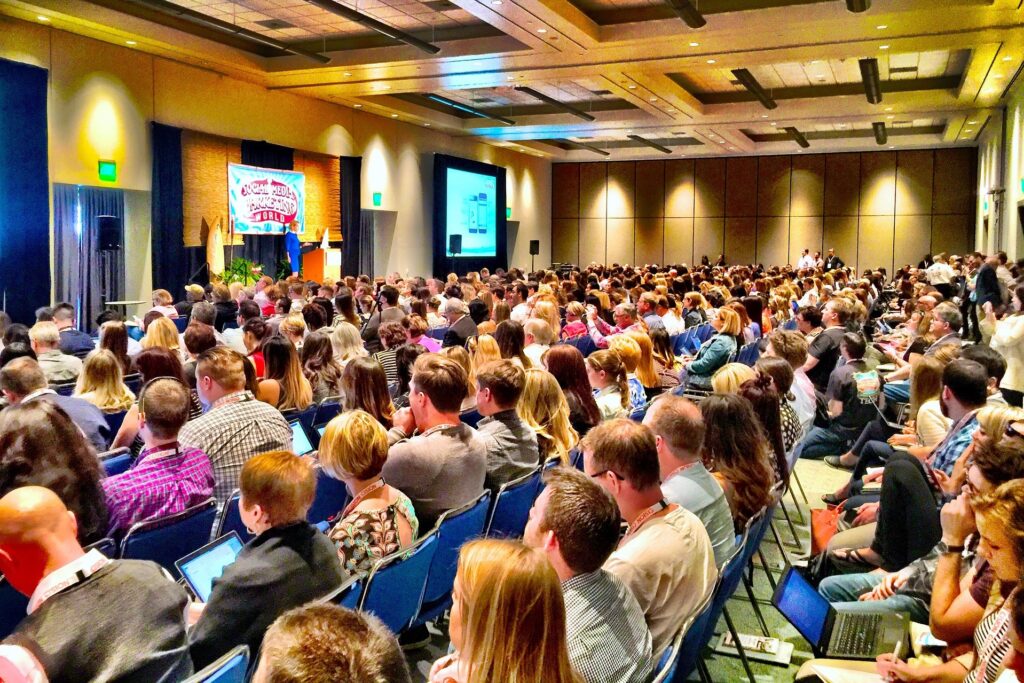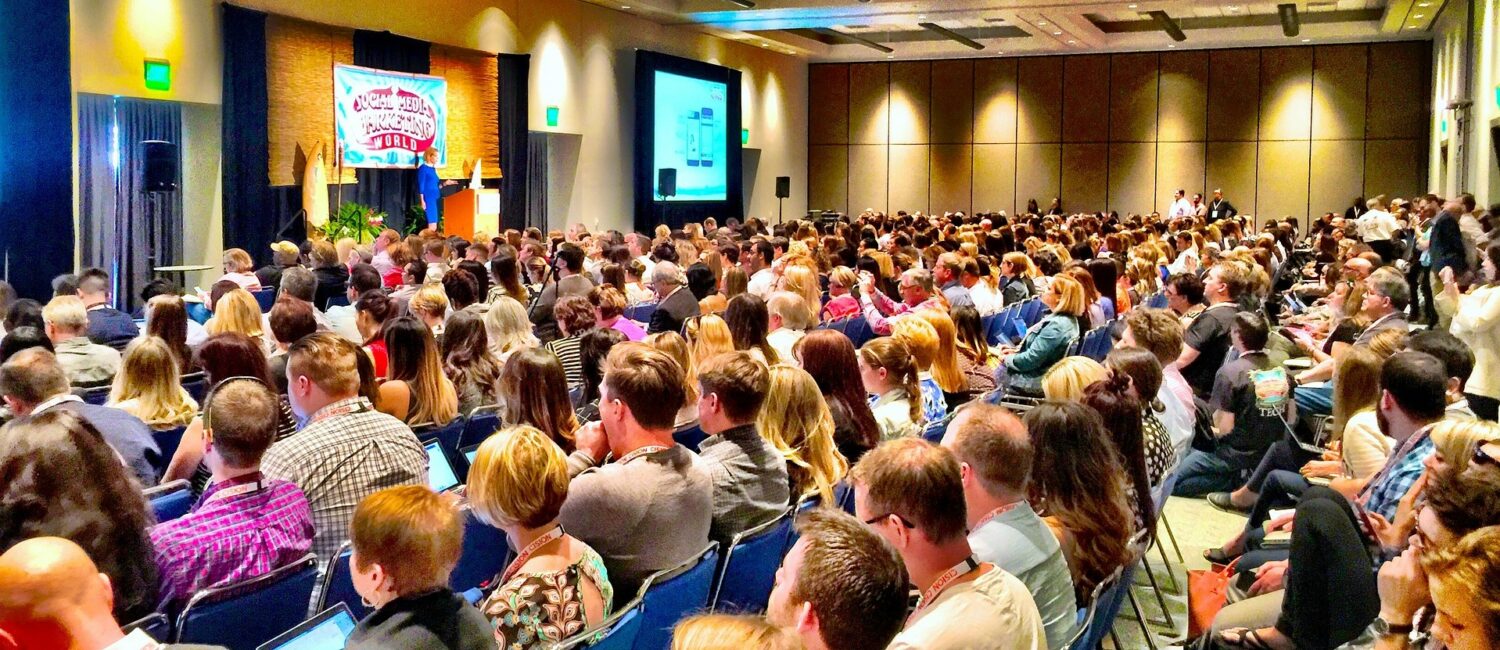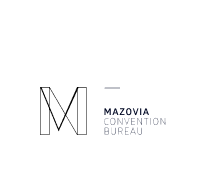Although tourist traffic is slowly returning to Poland, many questions about this year and the coming years remain unanswered. The forecasts and scenarios presented in the analyses must take into account many factors.

Forecasts for business tourism are particularly uncertain, as is inbound tourism, which is quite important for cities. In an update to its 2020 study entitled “The Impact of Coronavirus on the European Meetings Sector,” published by the Strategic Alliance of National European Convention Bureaux, a rapid recovery (after the removal of restrictions) by 2024 was included in the baseline scenario. The year 2021 is written off due to restrictions and poor sentiment. Only 2022 is expected to bring a return of confidence and a recovery to levels close to those of 2019.
However, the negative scenario in this publication mentions the possibility of restrictions remaining in place until 2022. It also assumes a shift to virtual or hybrid meetings, which means that both meeting organizers will have to adapt and companies will have to make changes to their organizations. The longer the changes last, the more difficult it may be to return to traditional solutions.
Apart from the forecasts of industry organizations, permanent changes in the organizational culture of larger companies and corporations are not yet visible, as the COVID-19 pandemic is still ongoing. The trend towards remote work and the possibility of online training is attractive to many employees… and employers. The interests of employees who want to work from home, employers who are counting on savings, and “digital nomads” who want to work from wherever they connect. This force cannot be underestimated – perhaps it should be responded to by strengthening the new “bleisure” trend and trends related to working in… tourist destinations. A lot of information about these changes can be found in the attached report “The travel industry turned upside down” by McKinsey & Company. Bleisure and working from attractive locations are both rewarding for employees (the opportunity to relax after a business trip) and reduce the chances of burnout, giving organizations an advantage over others. Unfortunately, these solutions are mainly aimed at employees without children (we are not talking about individual offers for top-level employees).
Photo: Pixabay
Source: Strategic Alliance of National European Convention Bureaux


